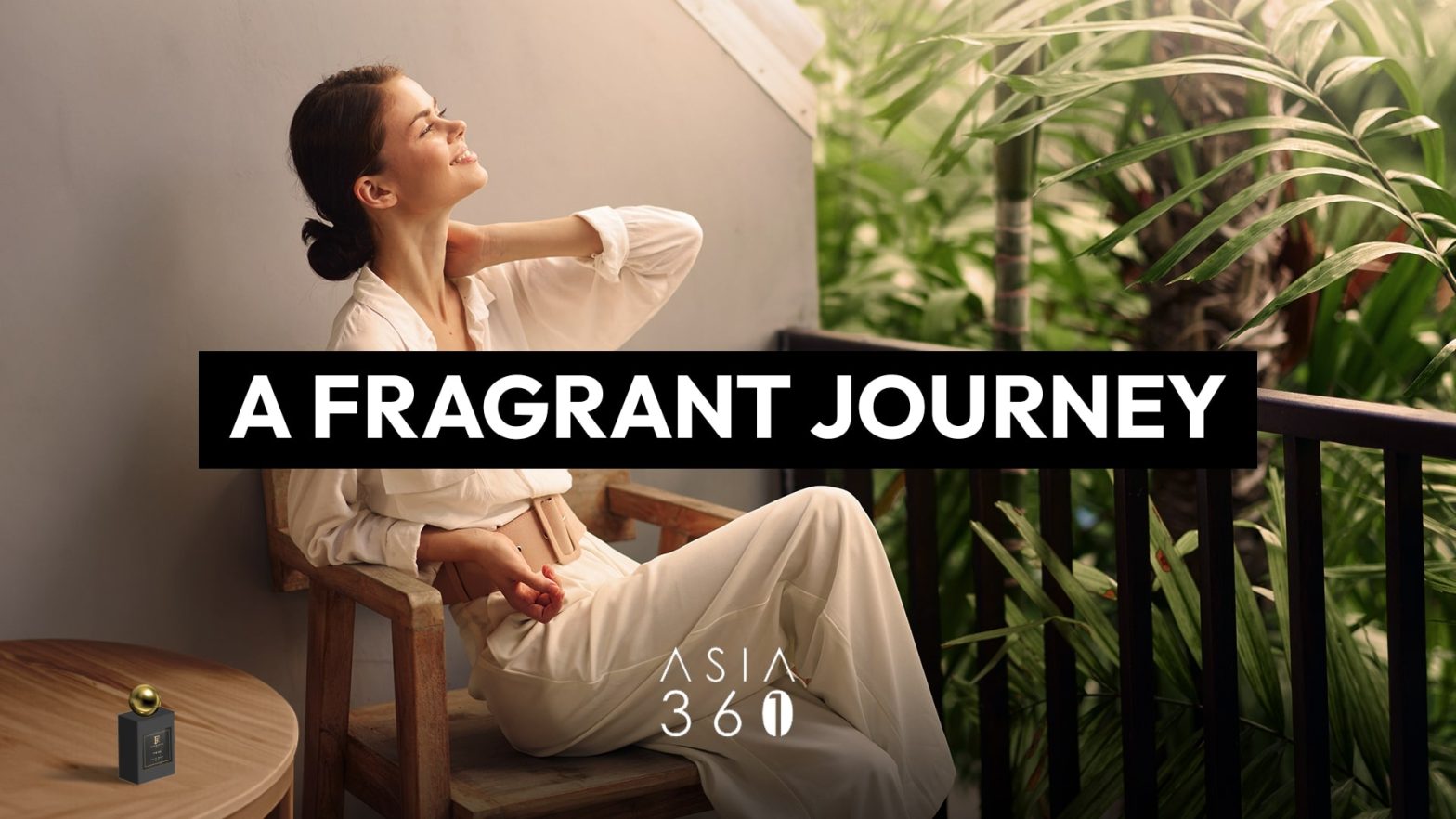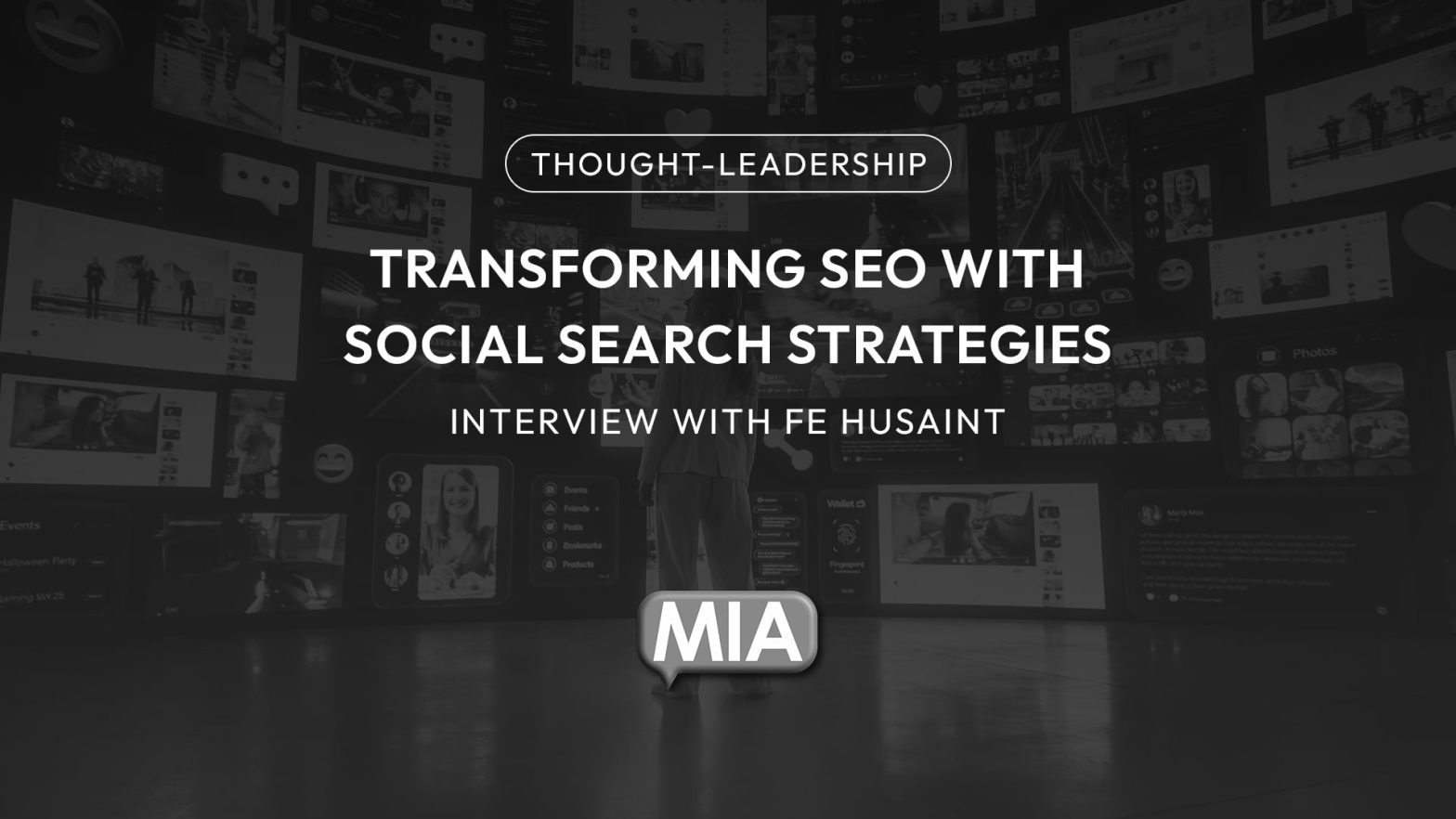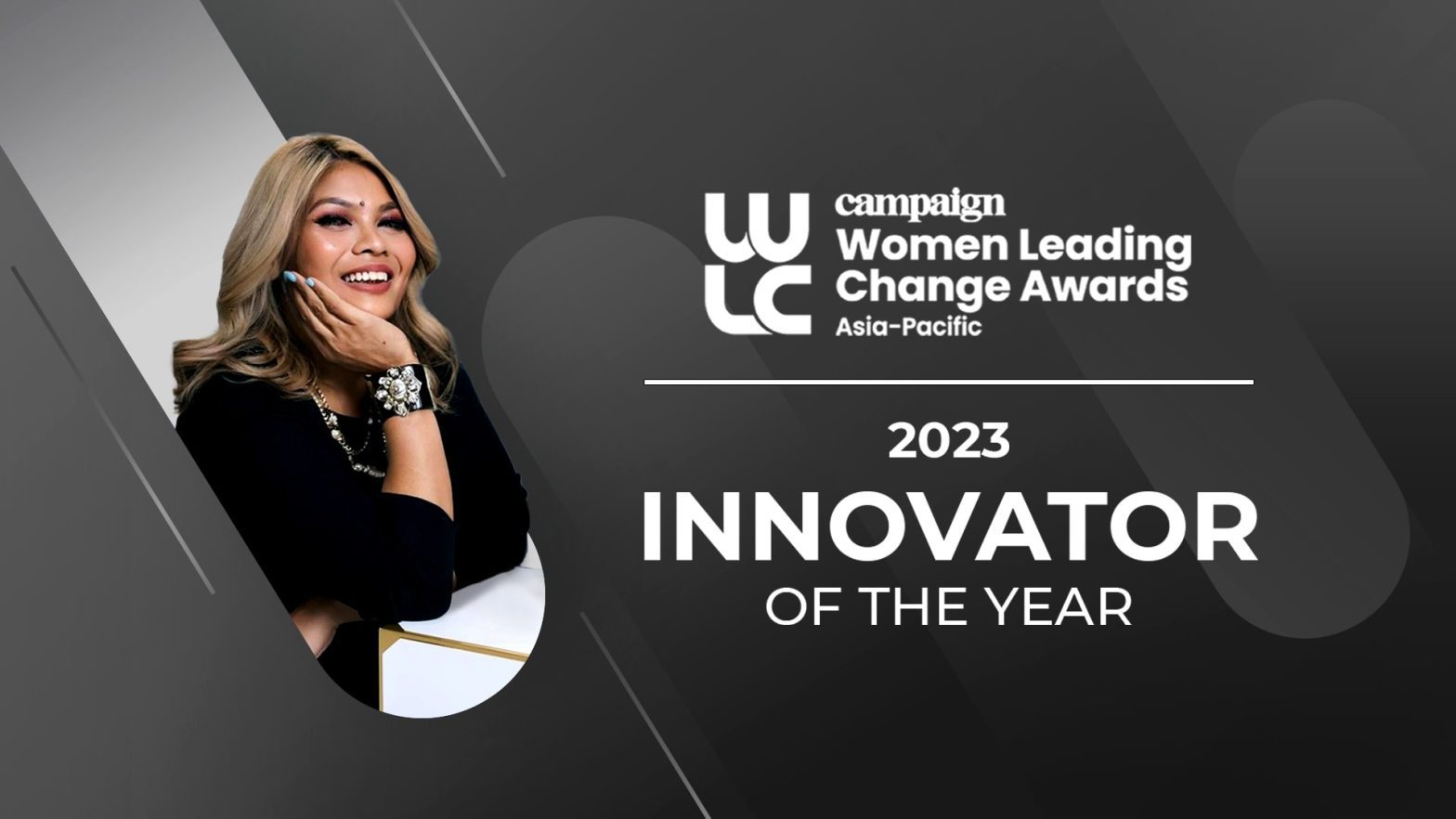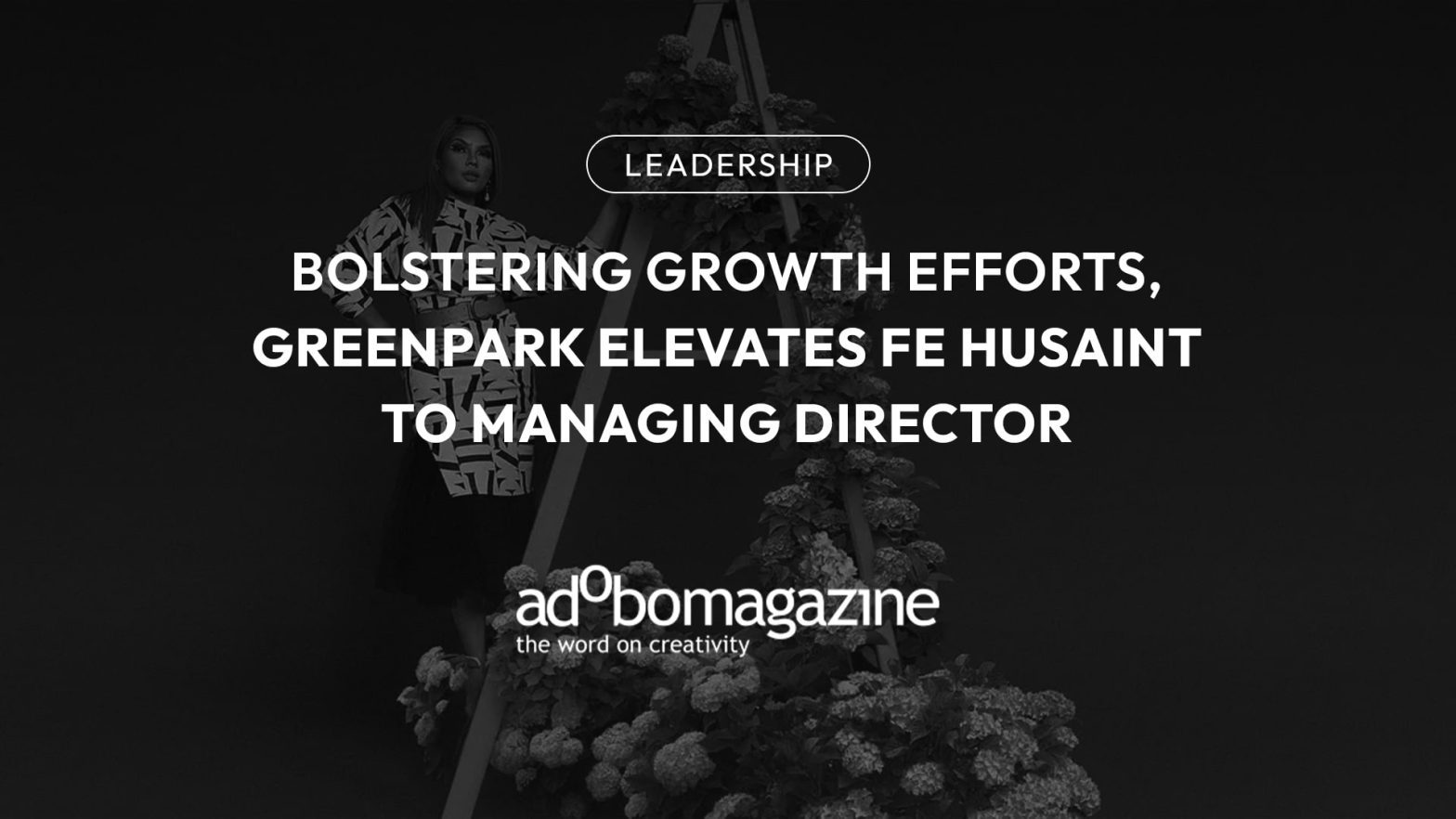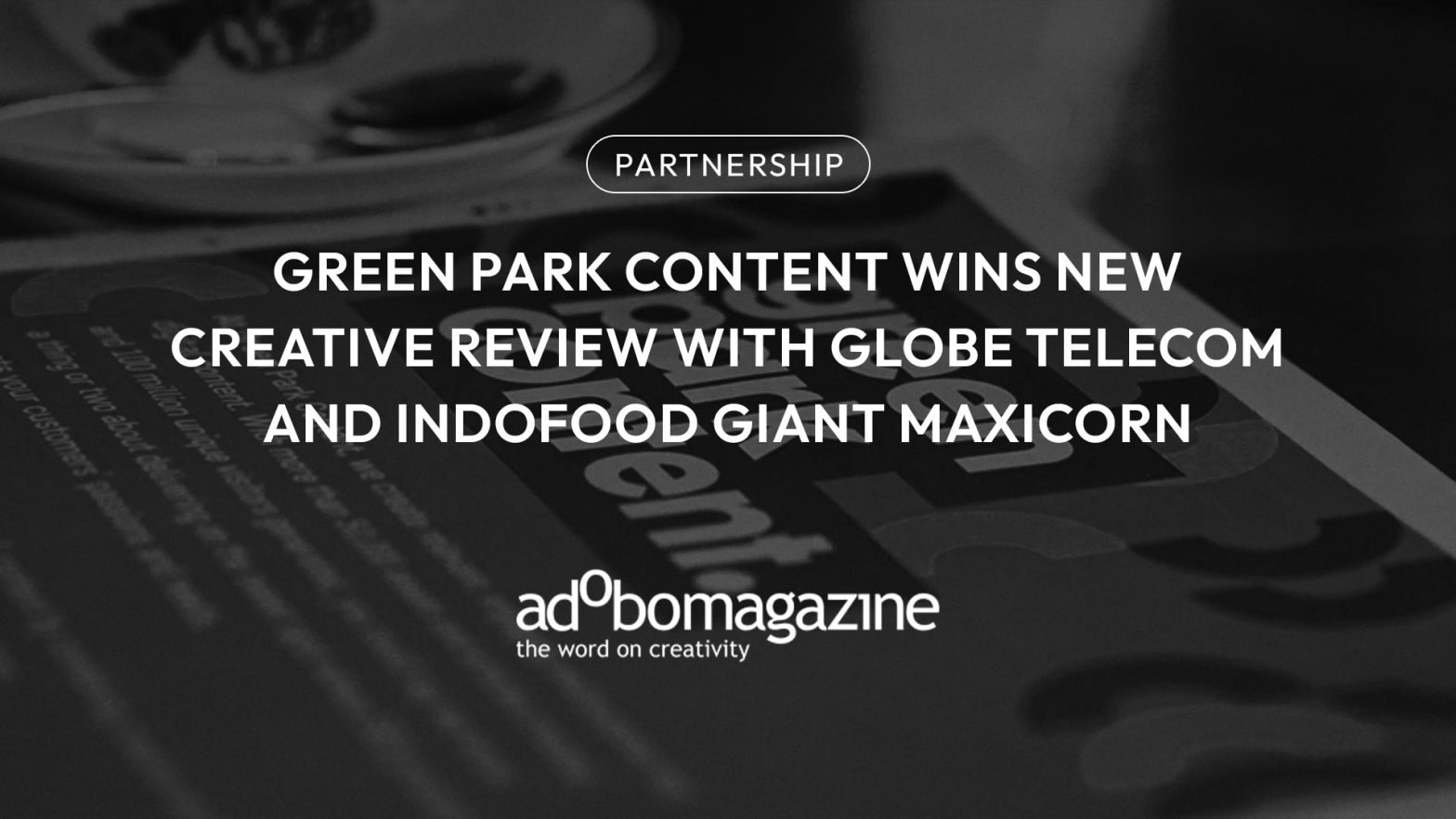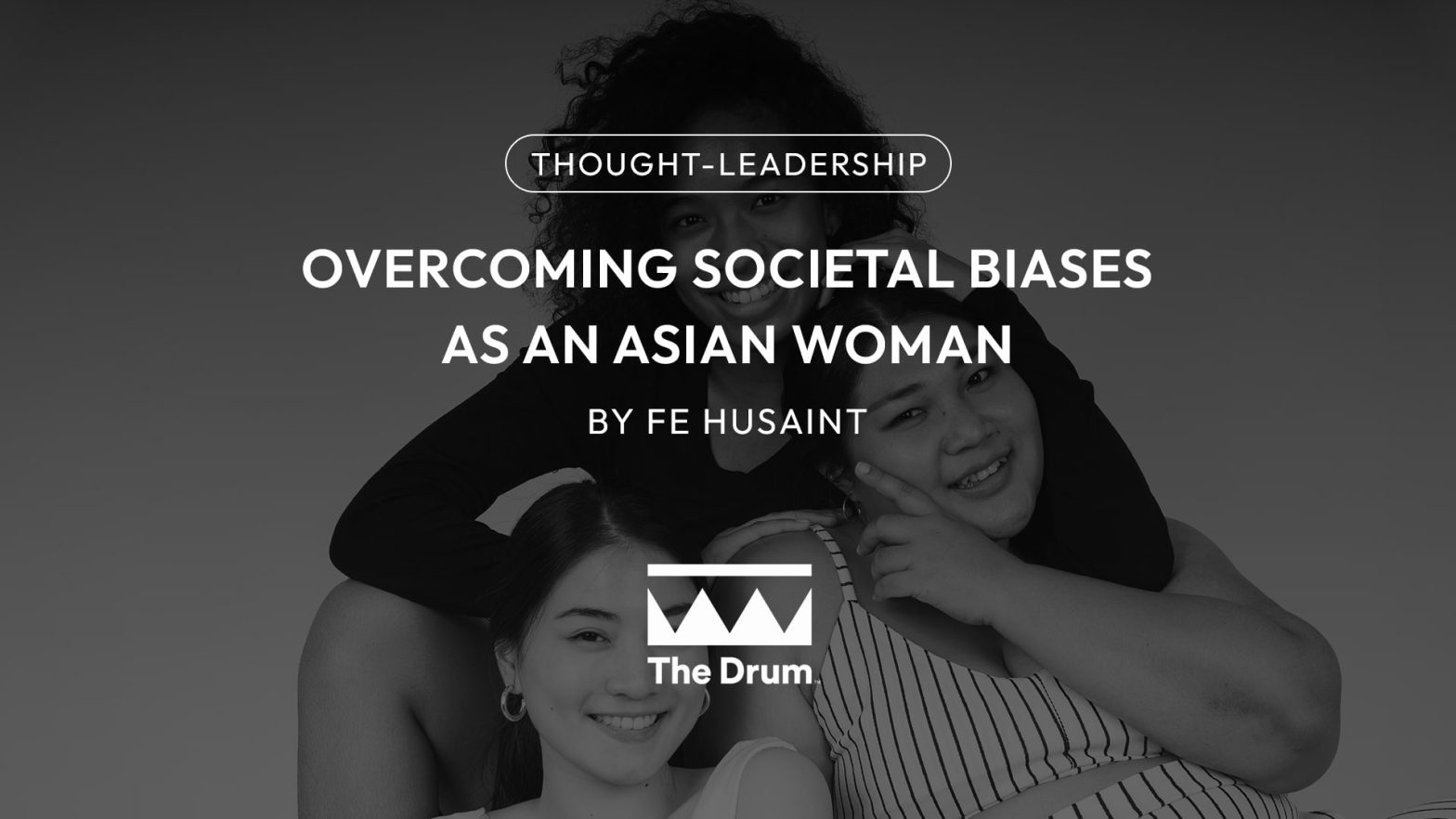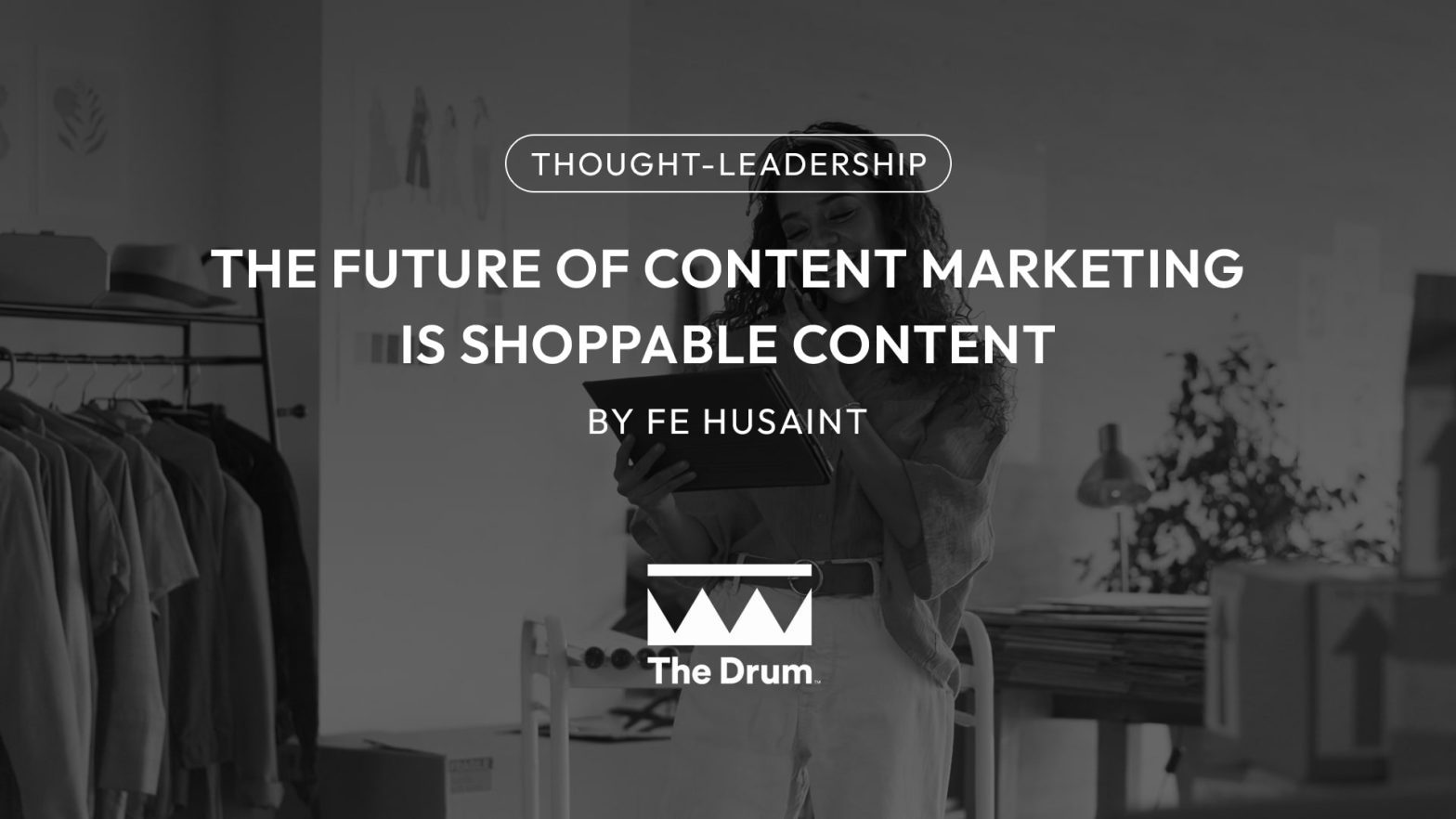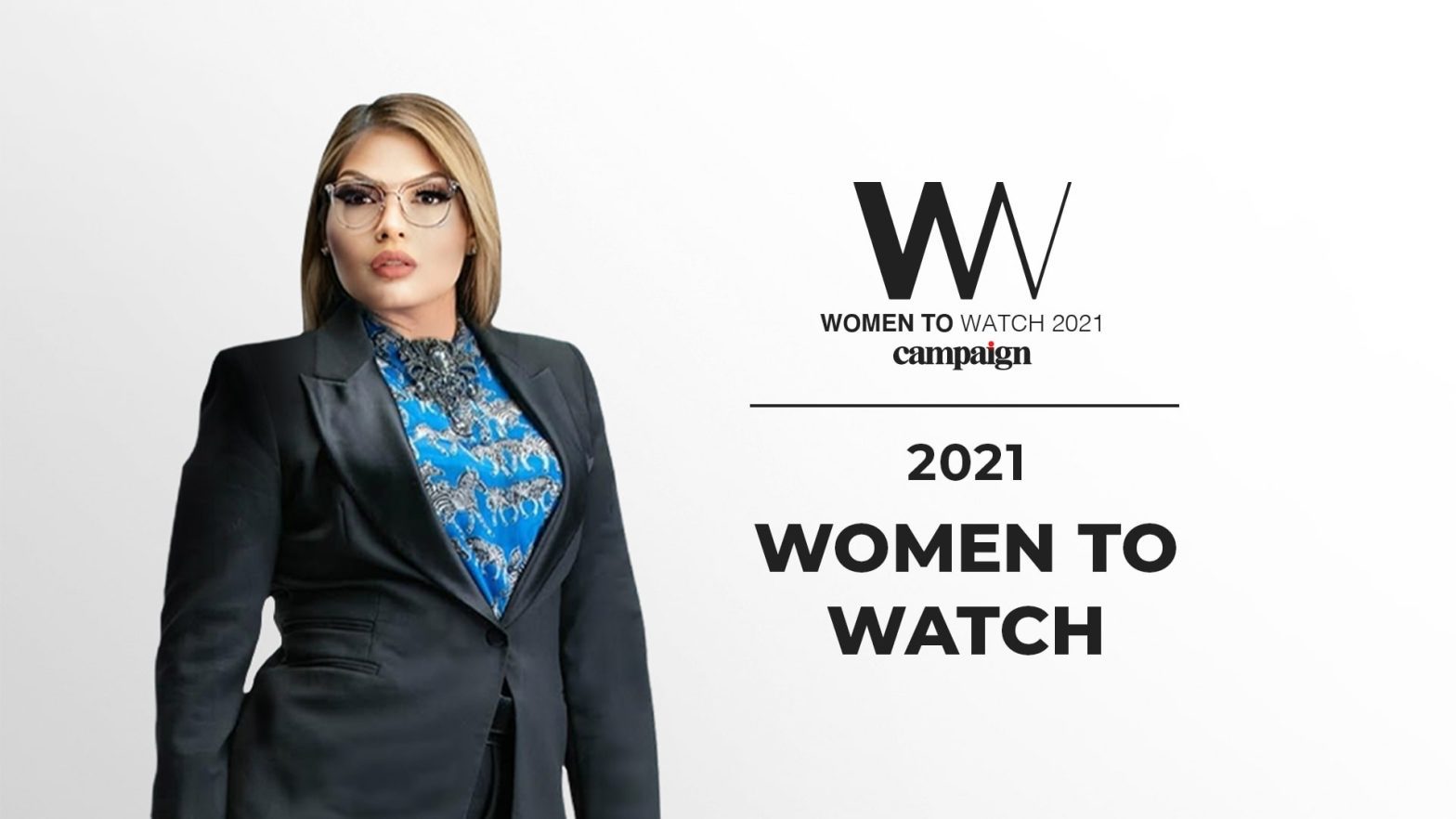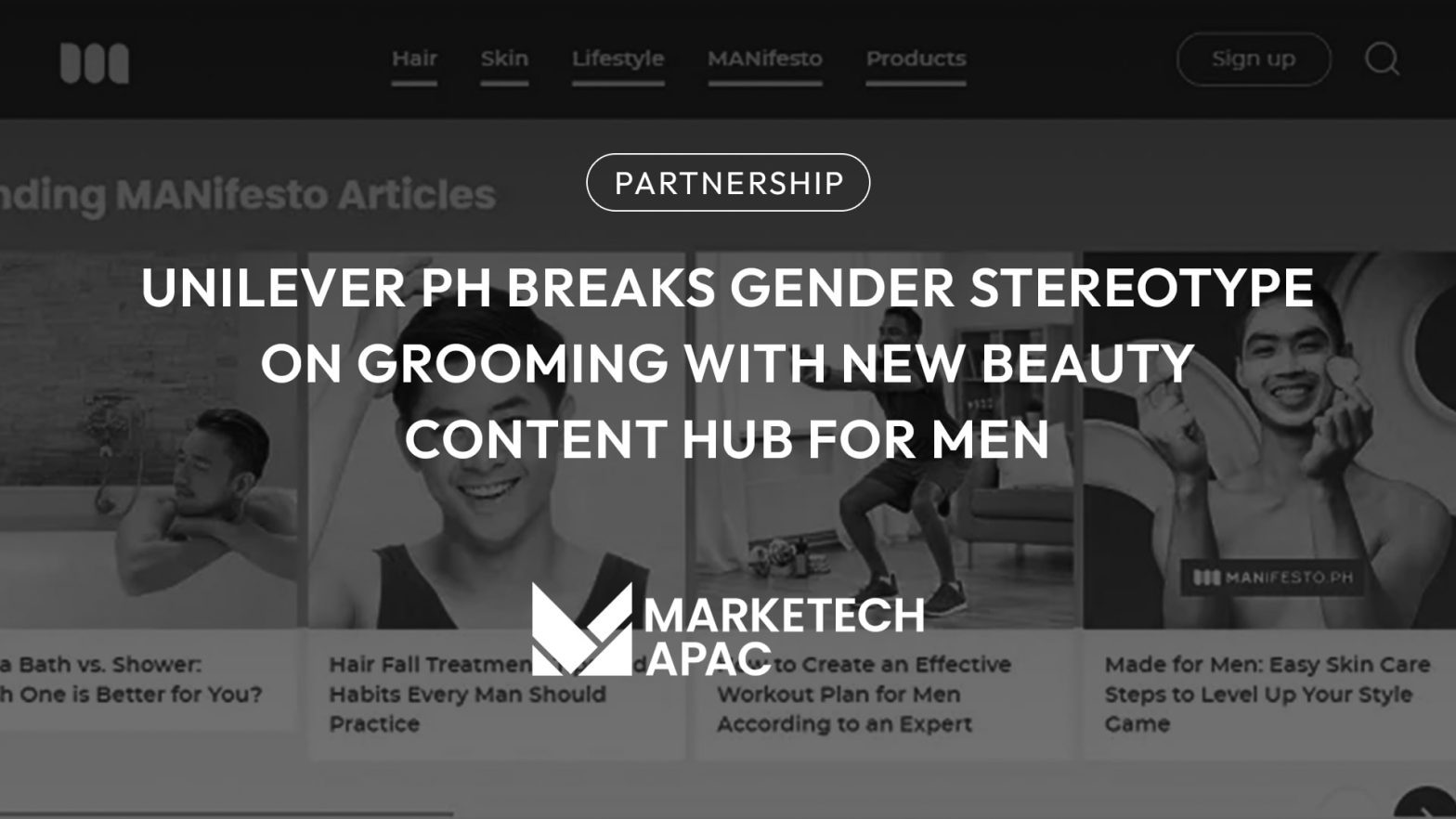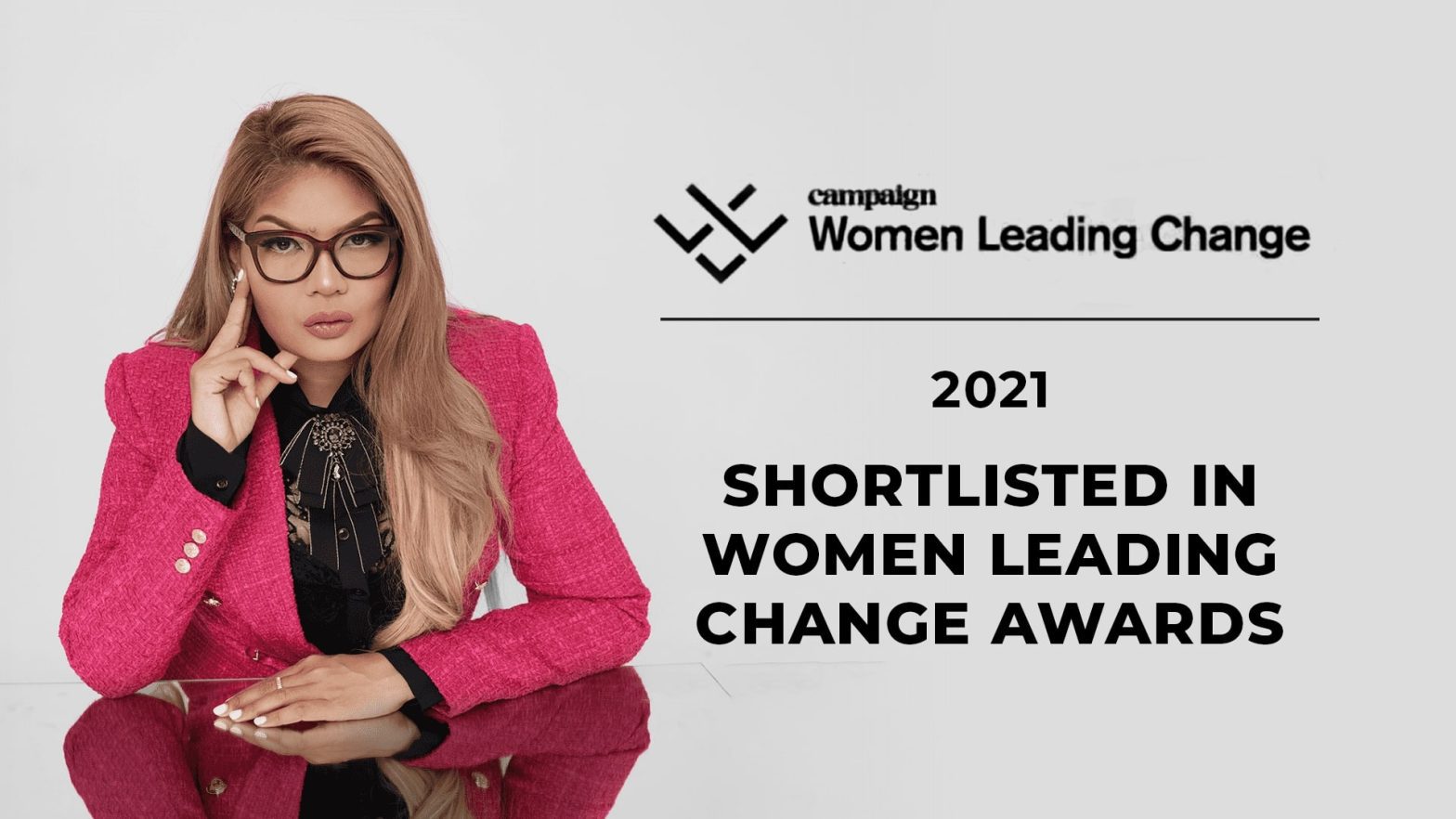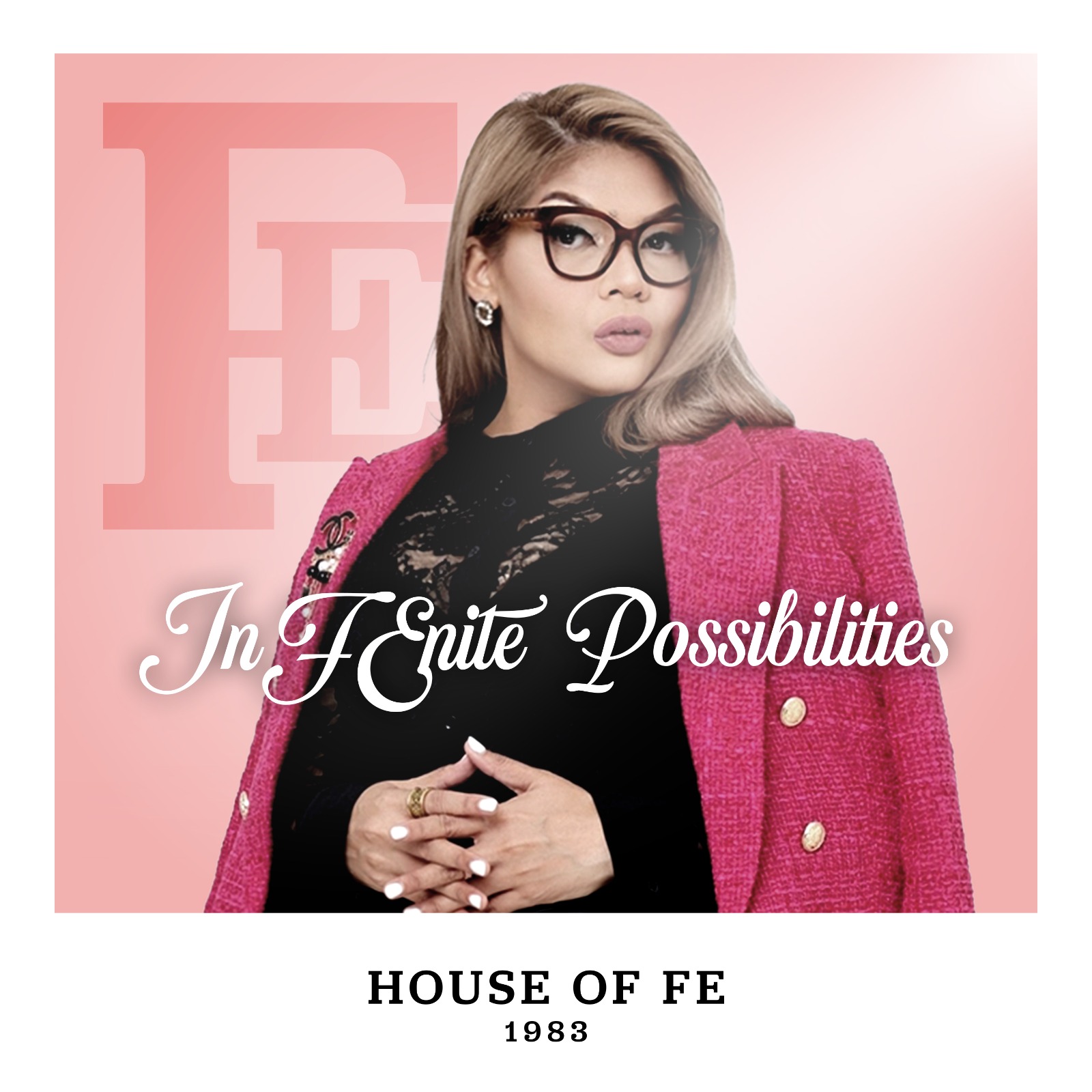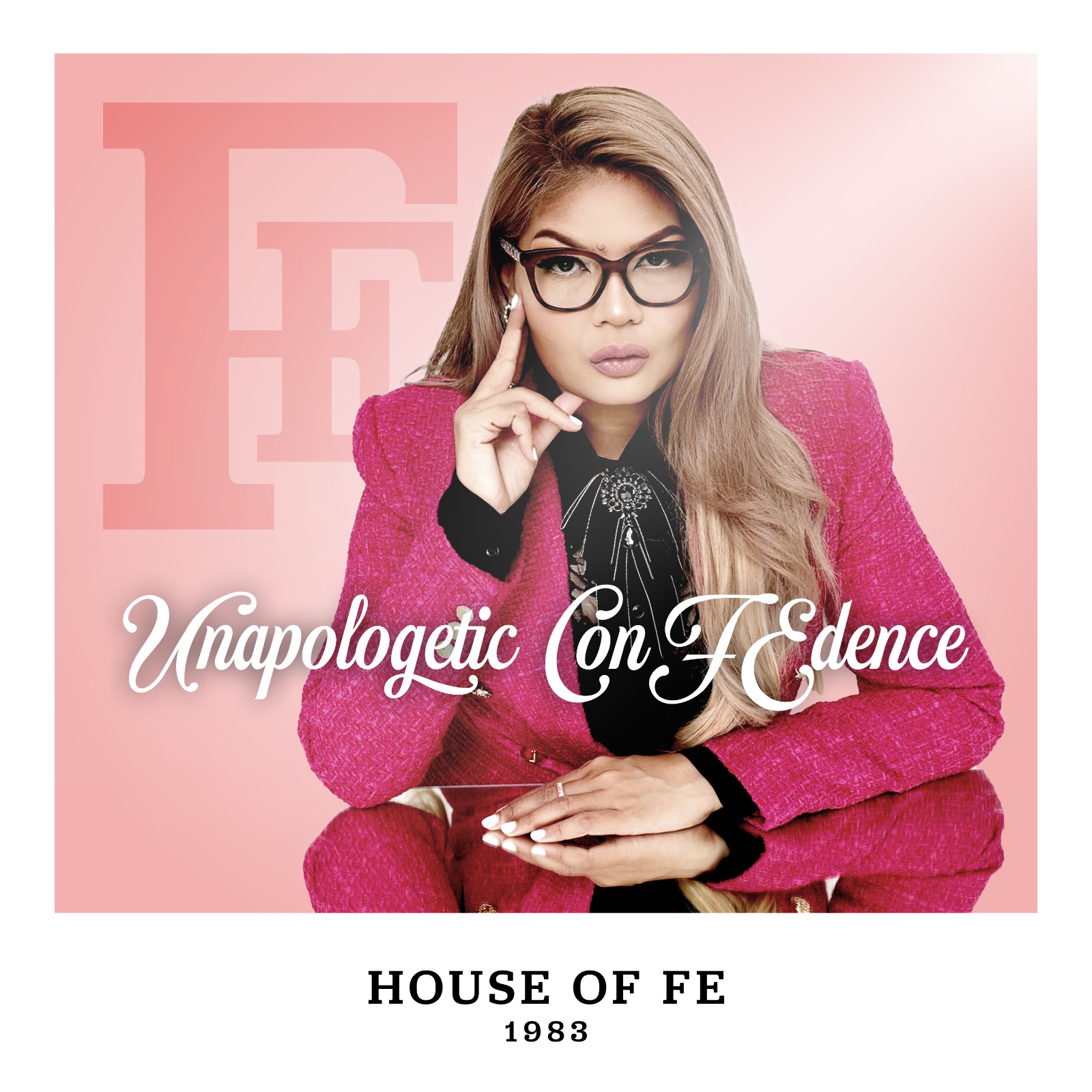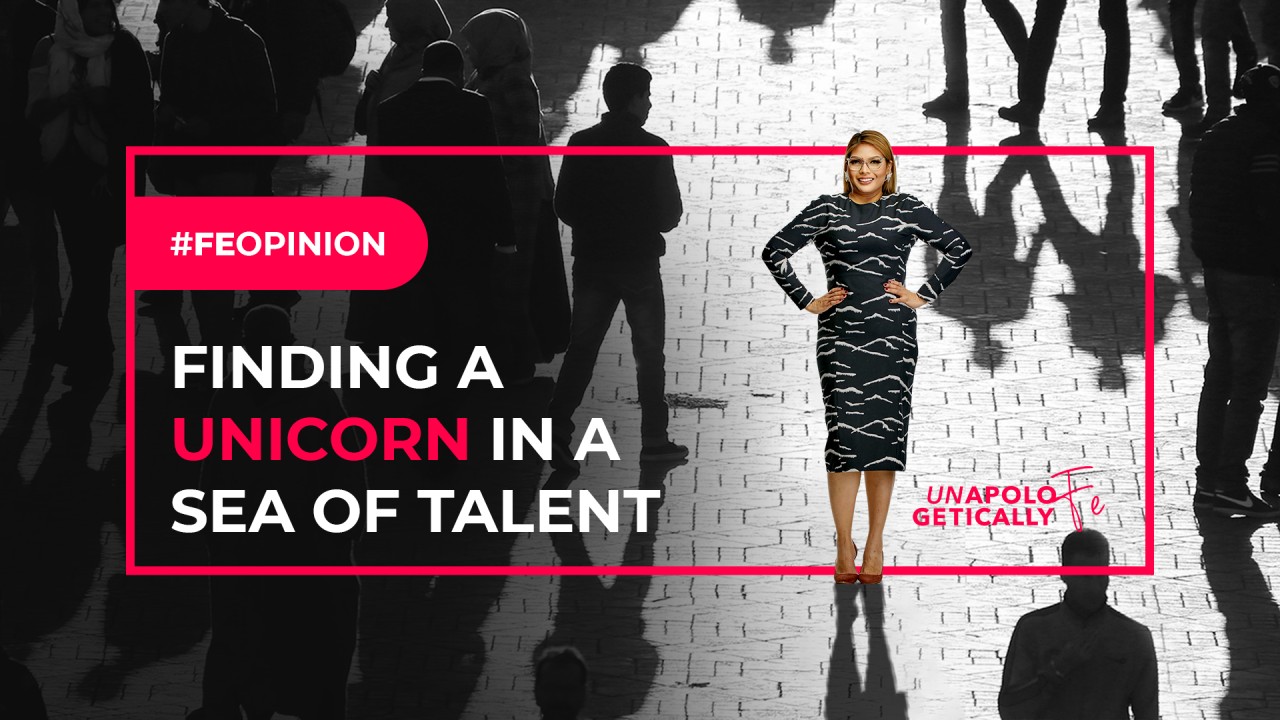
The Future of Work is Hybrid
The job market has evolved tremendously in the past few years. But are we as employers keeping up?
Finding the right talent in a competitive market is a massive challenge for many companies. In the marketing industry, we’re constantly looking for those “unicorns”. Stars who will not just fit into our team’s culture but bring their A-game in terms of skill, knowledge and experience.
Conventionally, the hiring process entails team leads seeing a gap in their team that needs to be filled. A job description is done, and the job ad would go out on various platforms through HR. Interviews are held, and the most suitable candidate is picked for the position.
Yes, this method has worked for decades. But there’s a problem with the traditional way we hire. This method basically looks out for people who fit a cookie-cutter mould. What happens when someone looks and sounds very promising but doesn’t fit into that mould? Do we let go of a potentially fantastic employee just because they didn’t tick certain boxes?
Enter hybrid roles.
Now, hybrid roles have been around for years too. Many companies, especially startups and agencies, are starting to see the value in hybrid roles. The rise of the digital economy, propelled by the pandemic, has seen even more employers emphasise adaptability. Employees, too, are pretty accustomed to taking on a myriad of responsibilities and developing a wide range of skills through hybrid roles.
Early in my career, I struggled with cookie-cutter roles. I was either a suit, or handling brand strategy, or a creative. I had to choose one. Even if I felt I wanted to expand my experience and explore all my skill sets, there weren’t any opportunities open. I had to fight to create opportunities for myself. It was pretty challenging because people didn’t believe in hybrid roles at that time.
Recently I saw this also happen to a colleague whose main area of interest was editorial. Yet, she also enjoyed creating content for social media. So she found herself in a hybrid role. After a few discussions, we provided her the support she needed to do what she loves by integrating both roles.
While hybrid roles are here to stay, I feel employers can mitigate potential issues cropping up with hybrid roles is by adding an element of customisation to the mix.
For starters, companies should be more open-minded when it comes to hiring the “right” resource. When I interview potential candidates, I first try to understand what they can do and if their experience and personality fit the company. Sometimes that person’s specific skill set might not necessarily be what we need at the moment. However, instead of ticking boxes, I think it is way more important to gauge how the particular person can contribute to the company’s growth and how we can benefit from their skill set, experience and positive attitude. Even if there’s a gap in skills and knowledge, the right attitude makes for a resource that can be trained and built up.
The bottom line is that we need to look at people beyond what a job function entails and really look into the individual and how they fit within the organisation’s culture and goals. I genuinely believe that this is how we can find those gems and unicorns amongst the sea of talent out there.


